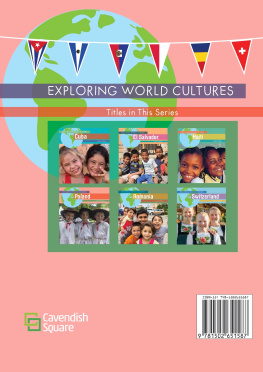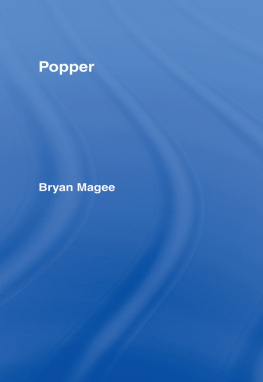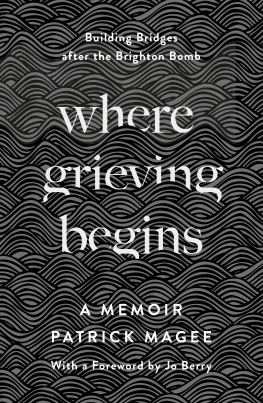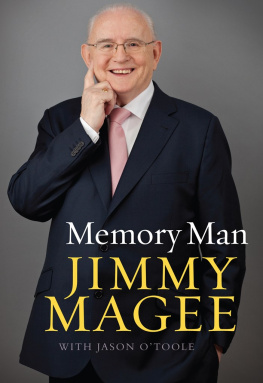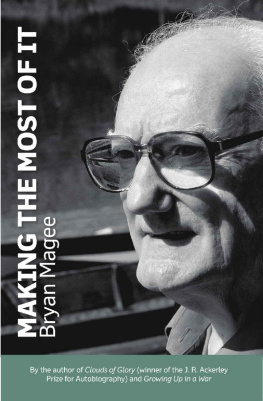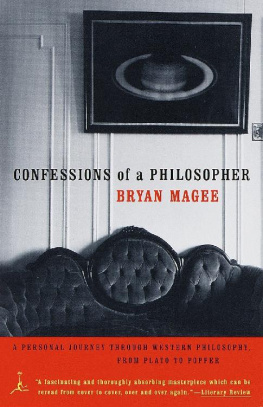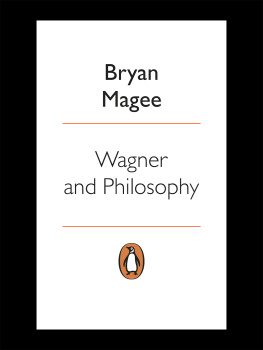First published 2019 by Bloomsbury Academic
Published 2020 by Routledge
2 Park Square, Milton Park, Abingdon, Oxon OX14 4RN
605 Third Avenue, New York, NY 10017
Routledge is an imprint of the Taylor & Francis Group, an informa business
Copyright Siobhan Magee, 2019
Siobhan Magee has asserted her right under the Copyright, Designs and Patents Act, 1988, to be identified as Author of this work.
For legal purposes the Acknowledgements on p. vi constitute an extension of this copyright page.
Cover image: Oppenheim, Meret (19131985): Object (Le dejeuner en fourrure), 1936. New York, Museum of Modern Art (MoMA). Fur-covered cup, saucer and spoon; cup, 4 3/8' diameter; saucer, 9 3/8' diameter; spoon, 8' long; overall height 2 7/8'. 2018. Digital image, The Museum of Modern Art, NewYork/Scala, Florence
All rights reserved. No part of this book may be reprinted or reproduced or utilised in any form or by any electronic, mechanical, or other means, now known or hereafter invented, including photocopying and recording, or in any information storage or retrieval system, without permission in writing from the publishers.
Notice:
Product or corporate names may be trademarks or registered trademarks, and are used only for identification and explanation without intent to infringe.
A catalogue record for this book is available from the British Library.
Library of Congress Cataloging-in-Publication Data
Names: Magee, Siobhan, author.
Title: Material culture and kinship in Poland: an ethnography of fur and
society / Siobhan Magee.
Description: London; New York: Bloomsbury Academic, 2019. | Includes
bibliographical references and index.
Identifiers: LCCN 2019002803| ISBN 9781501345623 (hardback) | ISBN
9781350084902 (epdf) | ISBN 9781350084919 (epub)
Subjects: LCSH: Fur garmentsSocial aspectsPoland. | Material
culturePoland. | KinshipPoland. | PolandSocial life and customs.
Classification: LCC GT2070 .M34 2019 | DDC 306.09438dc23 LC record available at
https://lccn.loc.gov/2019002803
Typeset by Integra Software Services Pvt. Ltd.
ISBN 13: 978-1-501-34562-3 (hbk)
I am writing this almost a decade after I began this project. I am happy to have the opportunity to thank some of the people who have helped me with my work.
My first deb t is to those in Krakw who were so generous with their time. I was humbled and inspired by the humour, work ethic, style and warm-heartedness (and patience) of both the people with whom I established friendships and those whom I met only once or twice, such as through interviews or meetings or because they were friends of friends. I extend this gratitude to those I met when I travelled to other Polish cities, to my hosts at Kopenhagen Fur and to a representative from the UK fur industry whom I interviewed in London. I am also grateful for having been granted an affiliation by the Jagiellonian University. Fur's political sensitivity, on top of anthropological convention, means that I have changed research participants' names and, sometimes, identifying biographical details.
The fieldwork on which this book was based was funded by the Economic and Social Research Council UK (ESRC). I am also grateful for a year spent as a Postdoctoral Research Fellow at the Institute for Advanced Studies in the Humanities (IASH).
Thank you to the journals which have allowed me to use previously published work in this book. A similar essay to appear in an article forthcoming in Ethnos.
At Bloomsbury, I would like to thank Miriam Cantwell for her openness to my project and to Lucy Carroll for her guidance in preparing the text. Thank you too to my reviewers for their time and insight. Magdalena Craciun revealed herself to be one of these reviewers, and I have particularly benefited from meeting with her at workshops and conferences over the years. Similarly, it was great meeting Jessica Robbins in person after so enjoying reading her work from afar.
Janet Carsten is obviously ail inspiration to both those whom she has mentored, taught and worked alongside and those who have been influenced by her written contributions to the discipline. What I would like to acknowledge here is that beyond being an intellectual, Janet has consistently had a very down-to-earth concern for the at once everyday and profound pressures (several of which are also privileges) of family health, finances and crises of confidence, that impact her colleagues. This is much appreciated.
Lynn Jamieson, Frances Pine and Maya Mayblin offered many perceptive comments on my work, and I thank them for their time and for their tact.
Out of those who are or have been at the University of Edinburgh I would particularly like to thank Lucy Lowe, Luke Heslop, Landon Kuester, Sarah Walker, Kim Sigmund, Sylvia Seldon, Evangelos Chrysagis, Lucy Bull, Marcelo Gonzalez Galvez, Bethany Honeysett, Tristan Partridge and Gaia von Hatzfeldt. I am lucky to have had friendship and (whether they realized it or not!) mentorship at various points from Katie Dow and Jennifer Speirs. Meeting and sharing an office with Angelina Mattijo-Bazugba and Vinnarasan Aruldoss provided me with so much fun.
More recently, it has been a joy meeting ChisOmo Kalinga at IASH and either deepening friendships with or meeting for the first time my wonderful fellow postdoes on the marriage project: Hsiao-Chiao Chiu, Eirini Papadaki and Koreen Reece.
In Krakw, the particular friendships of the following people brought me a lot of laughter and comfort: Katherine, Brian, Monika, Jola, Joanna, Magda, Kamila and Lani. A great pleasure during fieldwork was having friends visit, and I would like to thank for coming to see me Olivia Gifford, Felicia Lindfield, Kat Lovett, Jo Northedge, Tom Paul, Beth Rendell, Kimberly Sigmund, Jen Stewart, Imogen Thomas, Michael Whitham and Josh Wilson.
My wonderful parents, Rosemary and Patrick, have been constant sources of unconditional love and encouragement (in addition to financial help). I thank them for being such interested and interesting people and for their deep and inspiring kindness.
Equally hard to express adequately is my appreciation of Corey Gibson's friendship and love. Corey not only spent a great deal of time reading and commenting on my work, but was understanding of my going to live in Krakw. I am so grateful for all of the adventures we have had together. I would also like to thank his parents, Joyce and Wallace, and his brother and sister, Fife and lone. Mamie Gibson has brought new joy to our lives (and the lives of many others besides). It may sound strange to say that a toddler has brought inspiration when writing a book, but it is not untrue.


